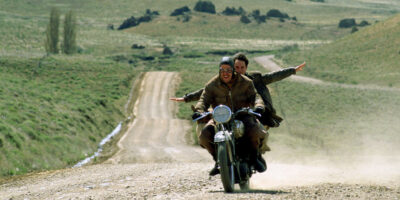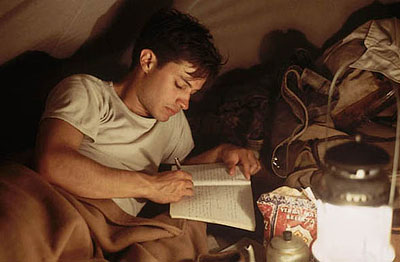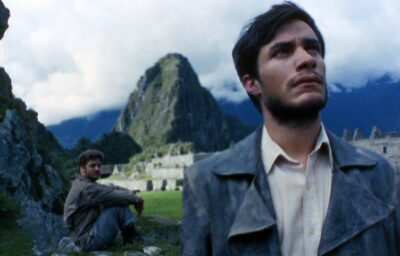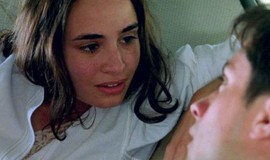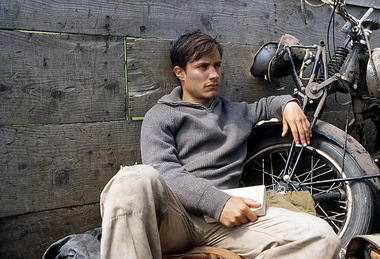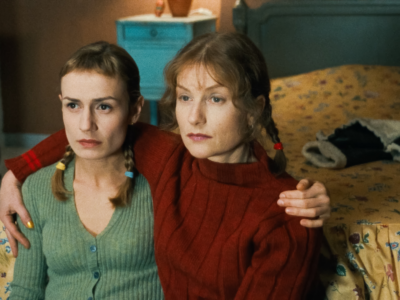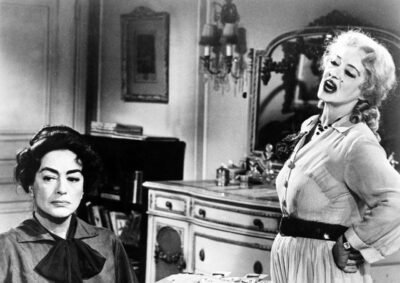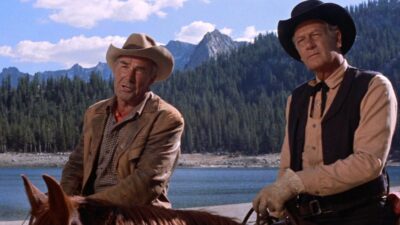Laemmle Theatres and the Anniversary Classics Abroad Series present 65th anniversary screenings of Louis Malle’s ‘The Lovers‘ (‘Les Amants’) starring Jeanne Moreau, on June 19 for one night only at 7:00 PM in West Los Angeles, Encino, Glendale, Claremont, and Santa Clarita. When first released in the United States in 1959, the film became an art house sensation with frank sexuality and nudity that inflamed the prudish American censors. Those censors, the Catholic Legion of Decency, and the repressive Hollywood Production Code wielded considerable influence at that time, preventing American films from exploring adult themes in a provocative manner.
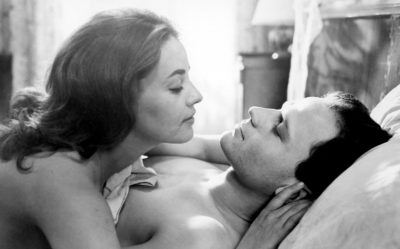
The film tells the story of a bored and neglected French upper-middle-class wife and mother (Moreau) who falls for a young archaeologist (Jean-Marc Bory), commencing an affair just hours after their initial meeting. Their extended seminude lovemaking scene was the incendiary element that sparked conservative outrage and crackdowns on theaters showing the film. In one notorious case that was later resolved by the Supreme Court, a suburban Cleveland theater manager was arrested on obscenity charges. When other Ohio communities also banned the film, Variety reported, “It looked like Ohio, for a time, might declare war on France.”
Louis Malle made his feature directorial debut with the crime thriller ‘Elevator to the Gallows’ in 1958, also starring Moreau, so the sensual drama ‘The Lovers‘ as his second film “marked the stylistically conscious Malle apart from his tear-away Nouvelle Vague colleagues” according to Time Out. In ‘The Lovers,’ adapted by novelist Louise de Vilmorin from a 19th century short story, Malle presents a study of “bourgeois emptiness and sexual yearnings,” illuminated by the deft black-and-white cinematography of Henri Decae. Malle would go onto an esteemed career that included such notable films as ‘Murmur of the Heart,’ ‘Lacombe Lucien,’ ‘Atlantic City,’ and ‘Au Revoir Les Enfants’ over the next three decades.
Although she had been acting in films for a decade, ‘The Lovers‘ established Moreau’s screen persona as a “commanding, willful, and sultry presence,” propelling her to international stardom. Her career highlights in the 1960s include memorable performances in ‘Jules and Jim,’ ‘La Notte,’ ‘Diary of a Chambermaid’ and ‘The Bride Wore Black.’ As a legacy, the commercial success of ‘The Lovers’ helped popularize foreign language films in the United States in that era, now regarded as the golden age of the art house.
“It is incredible to think that Malle was only 25 years old when he made ‘The Lovers,’ as it seems to hold the wisdom and erotic impulses of a much older man.” ~ Justine Smith, Vague Visages

